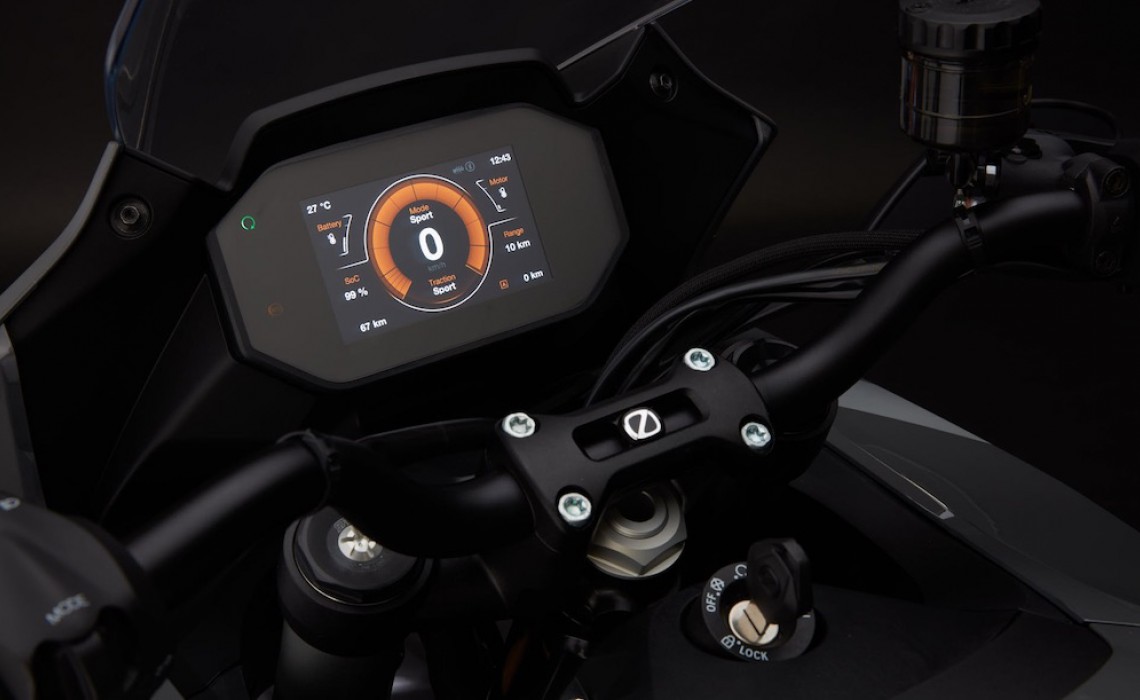Reduce your Vehicle Fuel Costs by Between 80%-95%!

When we think about vehicle running costs our attention usually turns to fuel consumption, as that's the hit to the wallet we face every time we refuel. Servicing occurs maybe once a year, so that tends to sit at the back of our minds and depreciation is the monster we confront when it comes to selling a vehicle. In this blog I mainly want to focus on the cost to refuel, even though electric vehicle (EV) servicing costs are very much lower than for combustion engined vehicles and residual values will, over time, hold up better and better as demand increasingly shifts towards EVs, which are in short supply on the pre-owned market.
Electricity vs Petrol
Across our website we focus on the cost per mile and the equivalent MPG of every one of our electric motorbikes, scooters and mopeds. These figures have been calculated on the basis of petrol at £1.15 per litre and electricity costs of 15p per kWh (unit). Since calculating these running costs back in September petrol prices have fluctuated but now sit nearer £1.20 (4% up) but in the main, electricity costs have remained static.
Comparing electricity to petrol is simple at one level, but there are some fundamental differences between the two, with tax and price elasticity being key. Fuel duty sits at a staggering 57.95 pence per litre (or £2.63 per gallon), plus VAT at 20%, which is 20p per litre (or 91p per gallon). In other words, around 65% of the refuel cost of a petrol vehicle is tax, whereas with VAT on electricity at just 5%, EV users enjoy a 92% tax saving on every refuel. Whilst accountants and tax advisers charge hefty fees for concocting complex tax avoidance schemes, few would manage to provide a legal loophole that saves 92%!
To put the above into context, a petrol bike covering 5,000 miles per year and achieving 50 mpg will spend £545 on fuel, of which £354 will be tax, whereas a Zero rider will spend just £100, of which £5 will be tax. These numbers completely overlook the wonder of off-peak electricity, which costs from 5p per kWh. Anyone with a smart meter, which is free to install, can switch to a tariff that offers an off-peak period, usually for a minimum of 4 hours per day. By charging during the off peak period the costs for the Zero rider* could reduce to just £33 per year or a staggeringly low 0.7 per mile, which is the equivalent of 778 mpg and a 95% reduction vs a petrol bike achieving 50 mpg.
Reduce CO2 by 80%, and air and noise pollution by around 90%
Looking at electric motorbikes through an entirely financial lens is a total no-brainer, but that ignores the CO2 reduction, which will typically be as much as 100 g/km or around 800 kg over 5000 miles. Then there's the air quality factor, where the reduction with an EV is near 100% (just tyre and brake particulates) and lastly there's a 90% reduction in noise pollution. So irrespective of whether you care about your wallet and 65% tax rates, air quality or your greenhouse gas emissions, EVs tick all the boxes, as well as delivering a transformational riding experience.
A final thought on the matter is that electric vehicles are over 90% efficient, whereas petrol and diesel vehicles are around 30% efficient. In other words, 70% of the fossil fuel they burn is energy that never reaches the driving wheels, as its simply lost as heat. So in summary, switching to electric not only means paying much less for the energy that you use, but using much less energy in first place.
*All Zero motorcycles, with the exception of the FX and FXS, can be fitted with an optional Charge Tank which will reduce the time for a 95% recharge to between 1-2 hours, thus being able to fully benefit from off-peak electricity.


